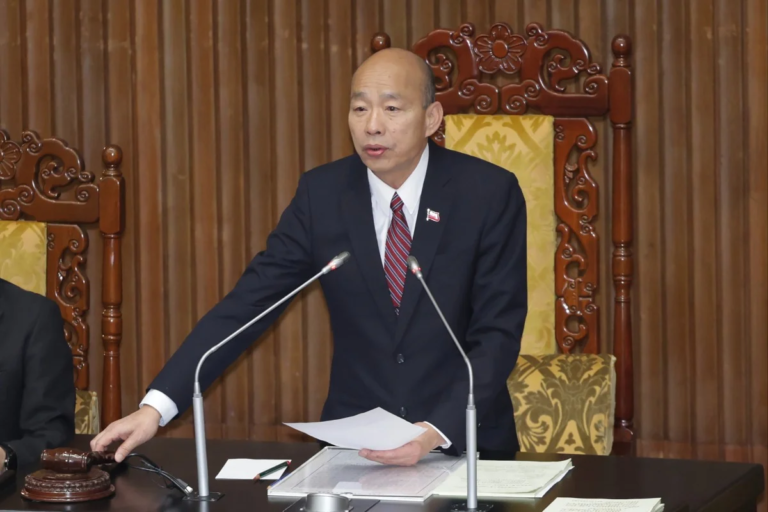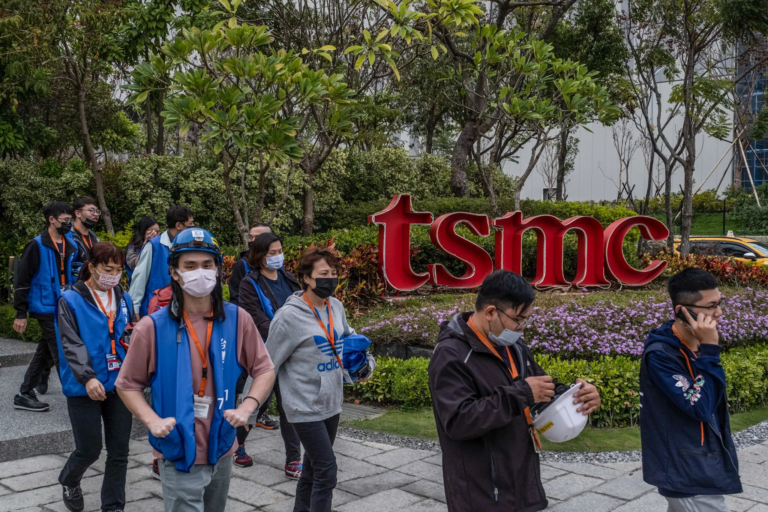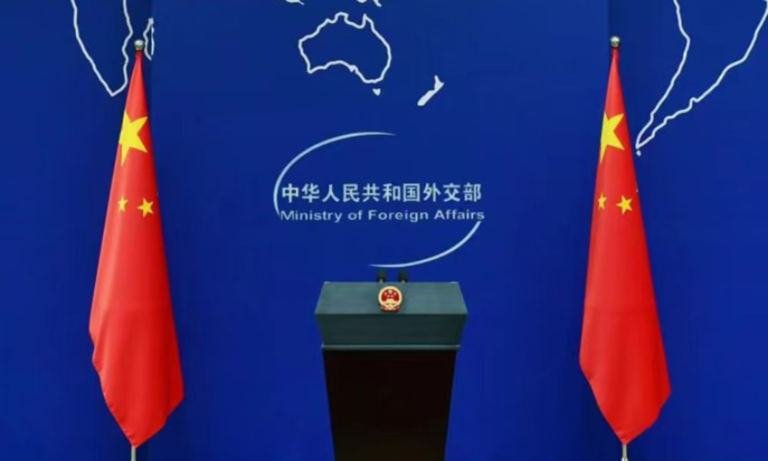
Jakarta’s revised TNI law illustrates the danger of the “MOOTW” doctrine – a worrying concept that is not unique to Indonesia.
Indonesia’s parliament passed a quiet but far-reaching revision to its military law. The new statute allows active-duty officers to serve in 14 government ministries and agencies without retiring from military service – reversing a post-authoritarian norm in place since 2004. The ministries include agencies responsible for cybersecurity, disaster management, narcotics control, and the judiciary.
The military’s role, lawmakers insisted, was evolving. Indonesia’s armed forces, they argued, were not returning to politics but modernizing for a more complex security environment. Their justification rested on an increasingly global doctrine: “Military Operations Other Than War,” or MOOTW.
In Indonesia, MOOTW (Operasi Militer Selain Perang) has long provided a post-reform rationale for preserving military roles in peacetime. But the new legal codification signals a deeper shift – one that is not unique to Indonesia. From Manila to Canberra, and even in Washington and Brussels, MOOTW has become a widely accepted answer to the question of what soldiers should do when they are not fighting wars. Peacekeeping, disaster response, infrastructure, counterterrorism, and even economic coordination have all been folded into the military’s domain under this label.
MOOTW is not just a policy framework. It is a conceptual tool, a vocabulary that allows states to expand the military’s domestic presence without invoking martial law or raising alarms about democratic backsliding. What was once a doctrine of operational restraint has become a means of political normalization. Understanding its origins – and how far it has drifted – is key to recognizing why military roles in peacetime are becoming harder to delimit and why democracies and authoritarian states alike are increasingly turning to soldiers for solutions that civilians once managed.
From Flexibility to Permanence
The term “Military Operations Other Than War” originated in the United States in the early 1990s, during a period of strategic uncertainty. After the Cold War, the U.S. military faced missions that did not fit traditional combat models: humanitarian interventions, peacekeeping, civil support, and noncombatant evacuations. In response, the Department of Defense codified MOOTW in Joint Publication 3-07 in 1993, emphasizing restraint, civilian coordination, and legitimacy as central principles. These were not meant to be permanent military roles but politically bounded interventions in exceptional circumstances.
From the outset, however, the doctrine was vulnerable to conceptual overstretch. As Jennifer Morrison noted in her early critique of U.S. MOOTW planning, the term’s greatest strength – its flexibility – was also its greatest liability. Nearly any operation not involving conventional warfare could be categorized as MOOTW, from riot control to foreign internal defense to pandemic logistics. The doctrine’s breadth made it useful but also dangerously elastic. This ambiguity was not merely semantic; it had real institutional consequences. It allowed militaries to expand their operating mandates under the guise of necessity while bypassing the democratic debate about the limits of their authority.
Over time, MOOTW evolved from a niche doctrine into a broad rationale for military involvement in civil affairs. In fragile states, it became a lifeline for overwhelmed governments. In more stable democracies, it offered an expedient tool for rapid response. However, in both contexts, it gradually weakened the distinction between civilian and military spheres.
The appeal of MOOTW is twofold. Internationally, it allows militaries to participate in peacekeeping, humanitarian relief, and stabilization operations – roles that boost prestige and professional image. Indonesia’s Garuda Contingents, deployed to Lebanon, South Sudan, and the Democratic Republic of Congo, are widely praised. These missions embody the benign face of MOOTW: disciplined, time-limited, and multilateral.
Domestically, however, the doctrine takes on a different meaning. In Indonesia, the same legal logic that authorizes peacekeeping abroad also enables the military to operate disaster response units, assist in counterterrorism, and, increasingly, serve inside ministries.
Elsewhere, the same pattern appears. In the Philippines, military units have been central to domestic counterinsurgency, rural development, and disaster relief, often taking over governance functions in underserved regions. In South Korea, military intelligence and cybersecurity units have played expanding roles in civilian spheres, with growing concern over transparency and legal boundaries. In Australia, the Australian Defense Force (ADF) has taken on increasingly central roles in bushfire response, pandemic logistics, and border protection – raising debates over whether such roles should be civilian-led.
Even the United States, where the doctrine originated as a limit on military engagement, has seen MOOTW become a staple of domestic crisis response. During the COVID-19 pandemic, U.S. military logistics were vital in vaccine distribution. Following natural disasters like Hurricane Katrina, the Department of Defense supported overwhelmed local authorities. These deployments were necessary, but they also reveal the normalization of military presence in domestic life – even in a system with strong civilian oversight.
MOOTW’s duality – legitimizing peace abroad while embedding power at home – explains its utility and its danger. What appears as competence can become a cover for consolidation.
The Politics of Professionalism
MOOTW is so politically attractive because it masks power as professionalism. It offers a narrative in which militaries appear not as political actors but as reliable public servants – disciplined, efficient, and above the fray of partisan squabbles. Governments can deploy the military in peacetime without invoking a state of emergency, and citizens can welcome military involvement without acknowledging its long-term institutional implications. Soldiers laying asphalt or delivering aid seem to embody a national ethos of duty and order. Especially in countries where civilian institutions are seen as corrupt, fragmented, or incapable, military actors enjoy a comparative advantage in legitimacy, if not legality.
But this image of competence is often constructed and strategically deployed. What appears apolitical is often deeply political. As Muhamad Haripin demonstrated in the Indonesian context, MOOTW has not depoliticized the armed forces; it has reauthorized their presence through legal and bureaucratic means. The military’s territorial command system – established under Suharto’s authoritarian rule – allows the military to project influence at every administrative level; it did not fade with the end of Suharto’s authoritarian regime but was rebranded as essential to local resilience and rapid response. This shift has not been accompanied by equivalent investments in civilian capacity, meaning the military fills voids it has helped maintain.
Elsewhere in the region, similar patterns are emerging. In the Philippines, the armed forces’ involvement in development projects under “whole-of-nation” counterinsurgency approaches risks displacing local civilian governance. In South Korea, recent controversies over military surveillance and data-sharing with civilian ministries have raised concerns about institutional overreach. Although widely supported in Australia, the ADF’s growing role in disaster and pandemic response has prompted debate about whether such authority is appropriate for an institution with limited public accountability.
Thailand follows a similar logic. Military coups are routinely justified as acts of national correction necessary to restore stability and reset dysfunctional civilian rule. The Thai military’s framing of its repeated interventions as temporary, professional, and reluctant belies the long-standing reality of political tutelage. MOOTW-like justifications are implicit in the military’s rhetoric: the armed forces are not seizing power, they claim – they are safeguarding the state.
Even in more robust democracies, the illusion of military neutrality under MOOTW can be problematic. In the United States, the Department of Defense’s domestic deployments under Defense Support to Civil Authorities (DSCA) have increased in both frequency and scope. During natural disasters and the COVID-19 pandemic, military logistics and planning were essential. But as Jennifer Morrison and the RAND Corporation noted early on, expanding military roles in civil domains – even under conditions of consent – can weaken civilian initiative and delay reform. When the military becomes the go-to solution for everything from vaccine distribution to border surveillance, it subtly erodes incentives to build up independent, accountable civilian capacity.





